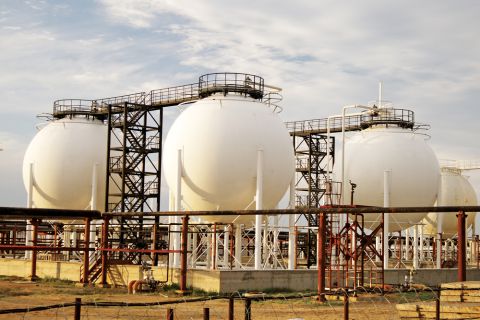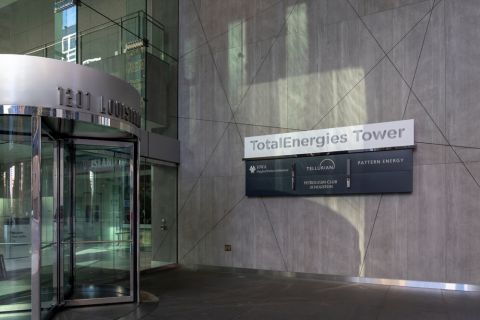Canada should reverse the approval process for major energy projects, putting them through federal review before a final decision by new regulatory bodies, an official panel recommended on May 16.
Currently, major energy projects in Canada must be approved by the National Energy Board (NEB) regulator before the federal government makes a final decision. Critics say the process is too politicized.
The Liberal government is looking to reform the way major projects such as pipelines are assessed and approved on the grounds that Canadians have lost faith in the current system.
Environmental and aboriginal groups are mounting high-profile protests against proposed pipelines by TransCanada Corp. and Kinder Morgan Inc.
The Liberal government appointed the panel that is looking into overhauling the relevant regulatory processes and the NEB. Its recommendations are not binding.
The panel said the NEB should be replaced by a new body, the Canadian Energy Transmission Commission, with full authority to approve or deny major projects. The commission's board would have to be based near Ottawa, Canada's capital, instead of the NEB's current base of Calgary, the heart of Canada's energy sector, according to the report.
The government should also create another body, the Canadian Energy Information Agency, responsible for data and analysis, according to the panel. It and the commission would conduct a two-year review of a major energy project if the initial federal assessment, a one-year process, deemed it to be in the national interest, the panel wrote.
The NEB's current time limit for decisions is 15 months. In response to the report, the regulator said it welcomes any changes that would improve it and will work hard to implement them.
When asked whether all of the panel's 26 recommendations will be implemented, Natural Resources Minister Jim Carr told reporters the government will have tough decisions to make.
The government will decide in the fall, he said.
The Canadian Energy Pipeline Association said it recognizes there will be significant changes to come for how its members are regulated.
The Canadian Association of Petroleum Producers said the current regulatory regime is sufficient, and that the longer time line proposed is concerning.
In October 2016, sources said Canada's government might curb the NEB's power, including stripping it of sole oversight of new projects.
In April, a separate panel appointed to look into environmental assessments said Canada needs a single federal authority to determine the impact of major projects such oil pipelines and mines.
Recommended Reading
For Sale, Again: Oily Northern Midland’s HighPeak Energy
2024-03-08 - The E&P is looking to hitch a ride on heated, renewed Permian Basin M&A.
E&P Highlights: Feb. 26, 2024
2024-02-26 - Here’s a roundup of the latest E&P headlines, including interest in some projects changing hands and new contract awards.
Gibson, SOGDC to Develop Oil, Gas Facilities at Industrial Park in Malaysia
2024-02-14 - Sabah Oil & Gas Development Corp. says its collaboration with Gibson Shipbrokers will unlock energy availability for domestic and international markets.
E&P Highlights: Feb. 16, 2024
2024-02-19 - From the mobile offshore production unit arriving at the Nong Yao Field offshore Thailand to approval for the Castorone vessel to resume operations, below is a compilation of the latest headlines in the E&P space.
TotalEnergies Acquires Eagle Ford Interest, Ups Texas NatGas Production
2024-04-08 - TotalEnergies’ 20% interest in the Eagle Ford’s Dorado Field will increase its natural gas production in Texas by 50 MMcf/d in 2024.





